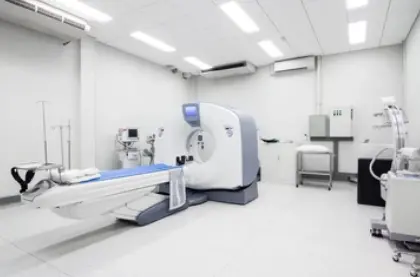 Welcome
Welcome
“May all be happy, may all be healed, may all be at peace and may no one ever suffer."
Coronavirus Disease - Generics
Coronavirus disease (COVID-19) is an infectious disease caused by the severe acute respiratory syndrome coronavirus 2 (SARS-CoV-2). It was first identified in Wuhan, China in December 2019 and has since become a global pandemic.
The virus is primarily spread through respiratory droplets when an infected person talks, coughs, or sneezes. It can also be spread by touching surfaces contaminated with the virus and then touching the face, mouth, or nose.
Symptoms of COVID-19 can range from mild to severe and can include fever, cough, shortness of breath, fatigue, muscle or body aches, loss of taste or smell, sore throat, congestion or runny nose, nausea or vomiting, and diarrhea. Some people may have no symptoms at all, while others may experience severe respiratory distress and require hospitalization.
Preventive measures for COVID-19 include wearing a mask or face covering, practicing social distancing by maintaining at least 6 feet of distance from others, frequently washing hands with soap and water or using hand sanitizer, avoiding large gatherings, and staying home when feeling sick.
There are currently several COVID-19 vaccines available, which have been shown to be highly effective in preventing severe illness, hospitalization, and death from the disease. Vaccination is an important tool in controlling the spread of the virus and protecting individuals and communities.
Treatment for COVID-19 can vary depending on the severity of the illness and may include supportive care such as oxygen therapy, antiviral medications, and immune modulators. It is important to seek medical attention if you suspect you have been exposed to the virus or are experiencing symptoms of COVID-19.

Non-ulcer dyspepsia

Mild to moderate pain and...

Severe inflammatory skin...

Diagnostic procedures

Conjunctivitis

Anaemia in zidovudine-tre...

Tonic-clonic status epile...

Bacterial endocarditis
Coronavirus Disease, করোনাভাইরাস রোগ
To be happy, beautiful, healthy, wealthy, hale and long-lived stay with DM3S.